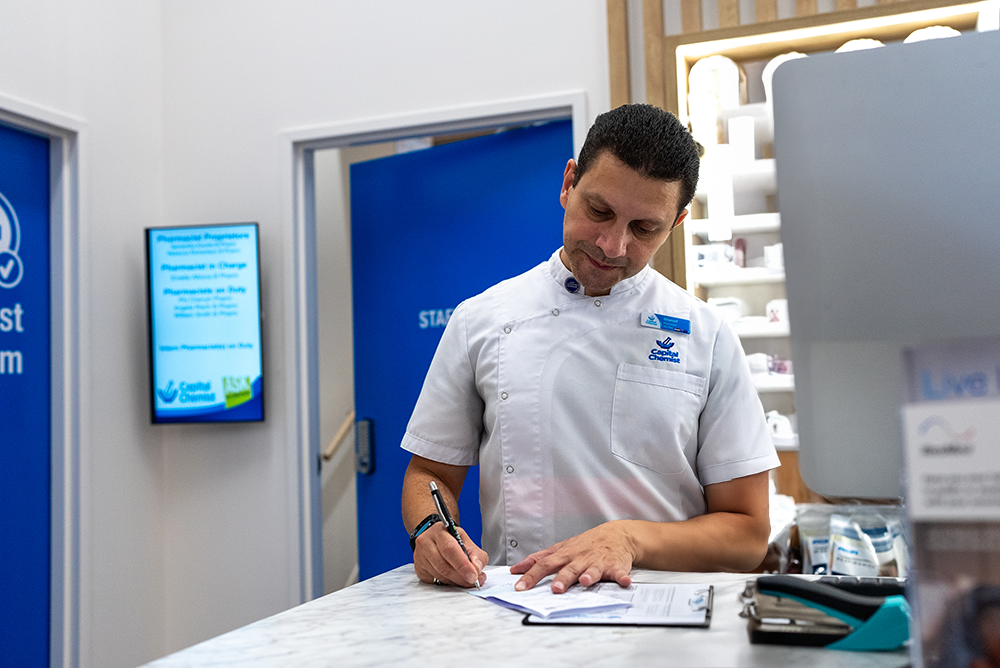Being an accredited pharmacy provides assurance to community members, if they attend that pharmacy, they’re going to get safe, high-quality care.
“It provides a competitive advantage,” Ms Jordan said.
The QCPP outlines how principals within the Australian Standard AS 85000:2017 – a quality management system first developed by the Guild in 1997 – are applied in practise in a community pharmacy. An updated version of the Standard was released last year, with a tighter focus on patient safety, clinical governance and consumer engagement.
Professional services firm EY employs a team of pharmacists and quality management assessors to assess participating pharmacies on a bi-annual basis, subsequently deciding whether the business meets accreditation requirements.
Today, almost 5705 Australian pharmacies are accredited as part of the voluntary program.
“In a nutshell, assessors are checking that you’ve got good systems, policies and processes, and that people are actually following them,” Ms Jordan said.
Dispensing accuracy, cold chain management and staff training are some key areas of focus.
Accreditation is linked to good clinical governance and robust systems, bolstering patients’ trust because they know they’re in good hands, Ms Jordan explained.
Benefits of QCPP Accreditation
- Community trust: patients can be assured of the pharmacy’s adherence to high-quality standards.
- Operational excellence: following the standard leads to improved operational efficiencies and service delivery.
- Professional recognition: pharmacists are recognised for their commitment to quality and excellence.
- Competitive advantage: accreditation differentiates pharmacies from others in the community.
Pharmacists who have questions or need support are encouraged to contact the QCPP helpline on 1300 363 340 or email help@qcpp.com
More information is also available at www.qcpp.com










